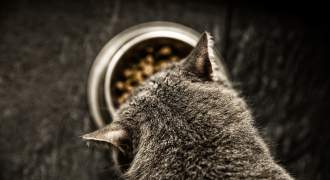
What To Do When Someone Else Is Feeding Your Cat
Here at PetDialog, we’ve noticed an increasingly common problem amongst UK cat owners: other people feeding your felines. Al...
05 January 2018
Read More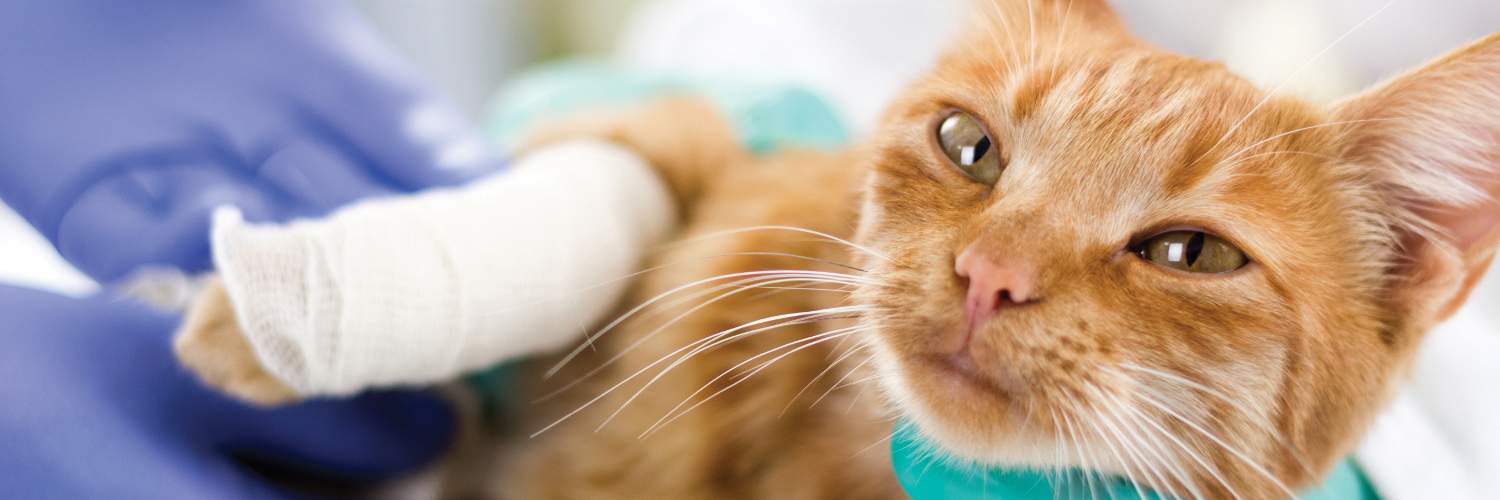
If you’re a cat owner, pet insurance could be a great option when it comes to ensuring you can afford expensive vet fees. Unfortunately, an accident or illness can happen to any pet, which inevitably means a trip to the vet and the costs that come with this.
The best cat insurance can often pay out to cover the costs of veterinary treatment, as well as related costs such as medication, pet physiotherapy and similar ancillary services. There are many pet insurance policies and providers out there, each offering slightly different benefits and conditions. This can make deciding on the best option a challenge. To help, we’ve put together a brief guide to the various types of policy, the type of illnesses they cover and information on a range of other factors that can influence your decision making when it comes to finding the best cat insurance for your needs.
What does pet insurance cover?
Depending on the pet and the insurer, there are a number of different conditions that may be covered by your policy. As a general rule, insurance is intended to cover accidents or “out of the ordinary” illnesses; routine appointments and treatments (for example vaccinations or worming tablets) aren’t normally covered. Some of the commonest circumstances which are included in a pet insurance policy can be:
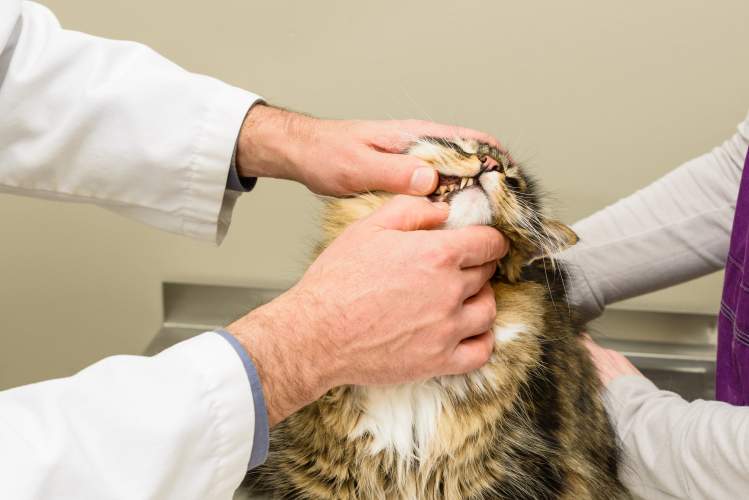
What types of insurance policy are available?
There are a number of standard types of cover which are commonly on offer – the following are frequently provided by pet insurers:
Third-party liability:
This is often taken out by owners of cats, dogs, horses and other pets that commonly leave the home. It covers the costs that could be entailed if your pet causes an accident (for example bites somebody) or damages property.
Accident-only:
As the name suggests, this policy will cover any emergency treatment that your pet might need following an accident (it won’t provide cover against the costs associated with longer term or chronic illness).
Lifetime polices:
These will continue to pay out for costs associated with your pet’s illness for their entire life. These policies can command a high premium, but do provide comprehensive cover.
Time limited policy:
The policy will cover initial treatment costs, but often only for the first 12-months of an illness or condition. After that, you will need to fund the vet’s costs yourself.
Maximum benefits policy:
The policy will pay out up to a maximum amount – there may also be a time limit rule in operation
What if I have an older pet?
Whether you are undertaking a cat insurance comparison or considering a dog policy, it’s almost inevitable that premiums will be higher if you’re hoping to insure an older animal. Obviously, the likelihood of a chronic illness and age-related problems increases as the years go by.
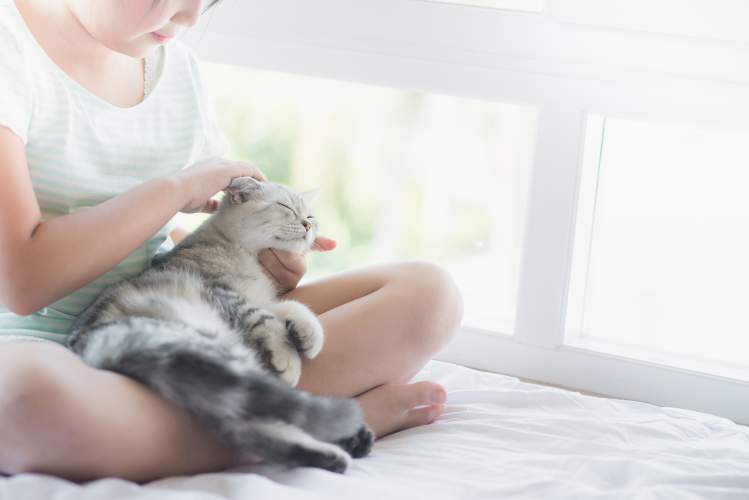
Should I opt for pet insurance or an emergency pet fund?
Rather than paying the cat insurance cost or setting up a direct debit to cover some other form of pet insurance, many people pay into an emergency pet fund. This can be a savings account or other finance product that has the express purpose of being available should your pet need emergency treatment or fall ill. If you opt for an emergency pet fund, you need to be disciplined enough to pay into it each week or month, as well as not be tempted to dip into it for other things.
Obviously no one can predict whether pet insurance or an emergency pet fund is going to be cheapest in the long-term, but many people appreciate the fact that a pet fund can be spent on any aspect of veterinary care, not just those that the insurer covers. In addition, once a pet insurance policy is in place, the premium needs to be paid irrespective of whether a pay-out is ever required. Conversely, if your pet doesn’t need any treatment then you’ve still got the money in your emergency fund available to spend on what you want (you may even earn a small amount of interest if it sits in a savings account or similar). Some people opt for a “belt and braces” approach by taking out some low cost cover and using a pet emergency fund as a top-up once their policy has paid out.
Pet insurance is quite a complex area, with each provider offering slightly different terms and conditions. There can also be significant variations in cost – remember to compare between providers and think carefully about what exactly you want covered. Don’t take out more cover than you need. If you’re not sure what’s going to be best, aren’t sure which level of cover is going to be best or are concerned that you’re not going to have enough cover for your peace of mind, it’s always worth getting in touch with your insurance provider for further information and clarification. They will be able to explain how their policies operate in more detail, as well as suggest different add-ons to provide a tailored package of support that’s exactly right for your needs.
The right policy could make a real difference to the well-being of your pet in an emergency, so it makes sense to take the time to put appropriate protection in place. Whether you opt for an emergency pet fund or some form of pet insurance, it’s always good to know that should the worst happen, you’ve got something in place to pay for any treatment that your pet might need.
Sign up to our newsletter for more insightful content

Here at PetDialog, we’ve noticed an increasingly common problem amongst UK cat owners: other people feeding your felines. Al...
05 January 2018
Read More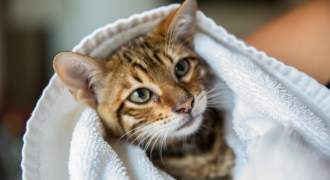
Whether you're a new cat owner or have been the proud owner to a fur baby for some time now, there's one thing that all cat owners...
05 January 2018
Read More
At PetDialog.co.uk we are frequently asked whether or not you should give your cats milk. It has always been seen as the go-to...
12 September 2017
Read More